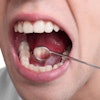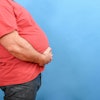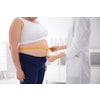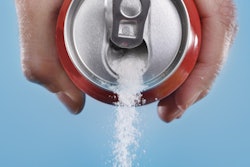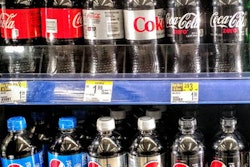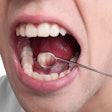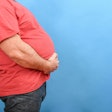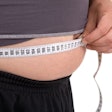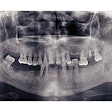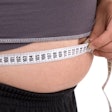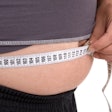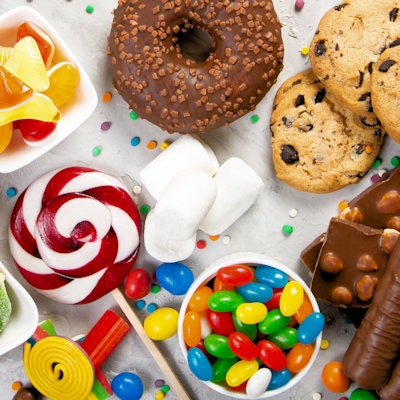
You've likely heard about taxes on soda and other sugar-sweetened beverages, but what about one on sugary snacks? A new study from BMJ found that raising the price of cookies, cakes, and other sweets could benefit public health.
A 20% price increase on high-sugar snacks could lead to beneficial health outcomes, including reduced calorie intake, body mass index (BMI), and obesity, comparable to those produced by taxes on soda, the researchers found. The results could be especially prominent for U.K. residents who consume 12% of their daily calories and 26% of their free sugars from cookies, cakes, and confectionery.
"Reducing purchases of high-sugar snacks ... has the potential to make a greater impact on population health than that achieved by reducing the purchase of sugar-sweetened beverages," wrote the U.K.-based authors, led by Pauline Scheelbeek, MPH, PhD, from the London School of Hygiene and Tropical Medicine (BMJ, September 4, 2019).
The researchers modeled the effects of a 20% price increase on high-sugar snacks using actual purchase data from nearly 33,000 households. Their definition of sugary snacks included chocolate, cookies, and cake but not snacks consumed outside of the home or large cakes meant to be shared.
A 20% price increase on high-sugar snacks could decrease calories consumed and BMI among all household incomes in the U.K., the researchers found. It could also reduce the prevalence of obesity and mitigate health inequalities for low-income households.
"The estimated population-level reduction in prevalence of obesity in the first year was 2.7 percentage points," the authors wrote. "Furthermore, our results suggest that a 20% tax on high-sugar snacks could also contribute to reducing health inequalities driven by diet-related disease, given the potential for the greatest reduction in sugar consumption in households classified as obese and low income."
However, a 20% price increase on sugary snacks is unlikely given that most taxes do not exceed 10%, noted J. Bernadette Moore, PhD, and Barbara Fielding, PhD, in an editorial letter accompanying the study. Nevertheless, Moore and Fielding praised the study authors for their novel suggestion of taxing food instead of sugar-sweetened beverages (SSBs).
"The novelty in Scheelbeek and colleagues' data is the suggestion that increasing the price of sugary snacks might be more effective at reducing body mass index than increasing the price of SSBs," they wrote. "Although the authors' research modeled a U.K. context where high-sugar foods contribute more to intakes of free sugar and total energy than SSBs, the results are likely also relevant to other countries where consumption of SSBs has decreased in response to research, policy, and advocacy activities."
